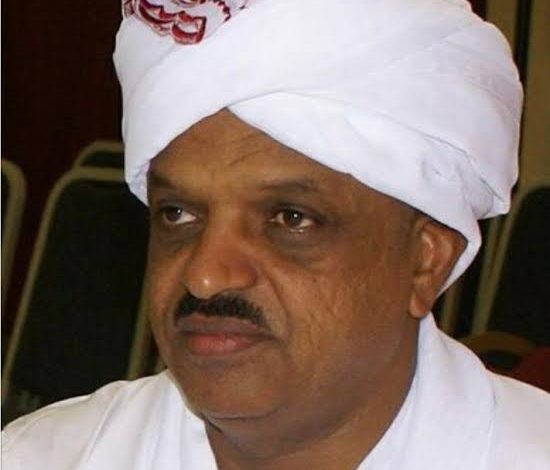The Ten Snakes and Post-War Precautions 3-10

By: Dr. Karar El Tohami
The Third snake: The Army’s relationship with Politics and Auxiliary Authority
In the previous two articles, I discussed two of the things that I called “the Ten Snakes” with the aim of beingware of them so that history does not repeat itself and they emerge from their holes after the war and bite again.,,
The first thing is that we, as Sudanese, need a high dose of patriotism to restore to us the absent confidence, endear us to our homeland, and make us see it as the most beautiful homeland in the world.
The second issue is the proliferation of weapons after the war, which the state needs a great and extraordinary effort to control and monopolize so that it does not turn into a tool of crime in our daily lives and a means of regional or tribal rebellion. I will continue explaining the ten matters.
In this article, I will write about the most dangerous, most influential, and most poisonous snake after the war, which is the snake of the civil-military relationship.
(CMR) civil-military-relation, which stands behind political crises and requires a dialectical balance to reach a middle area between the intensity and severity of military rule and the sensitivity and weakness of civil rule to reach a third hypothesis that combines the advantages of both within a constitutional space around which the political (elites) agree. ) and civil society (citizenry) with the army (military) in the light of many historical approaches, the intellectual roots of political and sociologists, and multiple political experiments of societies that have reached this balance after decades of trial and error.
The idea of the army returning to its barracks is an emotional and childish idea that is subjective and has no constitutional or moral justification. In practice, the army, as Jay Stanley says, “despite the decline of the wave of coups and the intervention of armies, the army continues to enjoy a deep inclination for political action that requires it to be considered an important political component.” ……It is the only way to tame armies. It is to be used positively within a democratic constitutional framework, which is its actual, not moral, involvement in preserving the constitution and serving as an arbiter between the political parties and institutions without disputing the major titles of democracy and political justice. When democracy reaches its extent and stabilizes in its orbit, the army becomes professional and specialized, and the separation between the civilian and the military is achieved objectively and Within the framework of compatibility
Dr. Riekka Schiff, a law professor at Harvard University and the owner of the concordance theory, says that if the three components (the army), (the elites), and (civil society) agree on four axes, the most important of which is participation in political decision-making, the chances of coups and military interventions will be less.
. “So the argument here is that if there is agreement or Concordance among these three actors over these four indicators the likelihood of domestic military intervention or coup happening in
“Any country is less likely to happen…”
Within the framework of her theory, Rebecca compared several countries to prove that the countries that witness coups and army interventions are the ones in which the army is marginalized, provoked, and attempted to deprive it of participation under the pretext that the army’s role is only to bring power to civilians on a golden platter, guarding them, and causing chaos in the shaky theater.
The democracies that Samuel Huntington referred to in his book “The Third Wave,” which at the beginning of the seventies swept the continents of Europe, Latin America, and Africa and crossed from the transition stage to the consolidation stage, were achieved thanks to the armies’ strong control and supervision of the transitional stages, their complete control over them, their control of civil political society, and the organization of the field. Democratic competition in a fair manner and purifying it from the scourges of political conflict and the predominance of interests.
Structural and cultural factors and the weakness of the organizational frameworks and structures contributed to the parties that were founded on clientelism, patriarchy, and isolation and did not develop or practice democracy within them for decades. For a long time, in addition to societal poverty and lack of democratic awareness among the elites and the public, all the factors that contributed to aborting dreams of change, it have
become very difficult to change these factors from the bottom to the top unless the army enters to impose reforms from the top to the bottom. Then the army will drown in the swamp of politics if they continue to rule and the country intervenes in A maze: If power is left to the failed oligarchic elites, where does the solution lie?
Dr. Abdul Fattah Madi, academic, researcher, and coordinator of the Democratic Transformation Project at the Arab Center for Research and Policy Studies, says, “The Brazilian case has proven that transition is possible at the hands of the military if they have a real desire and if a specific road map is available toward transition.”
To be continued in the next episode



